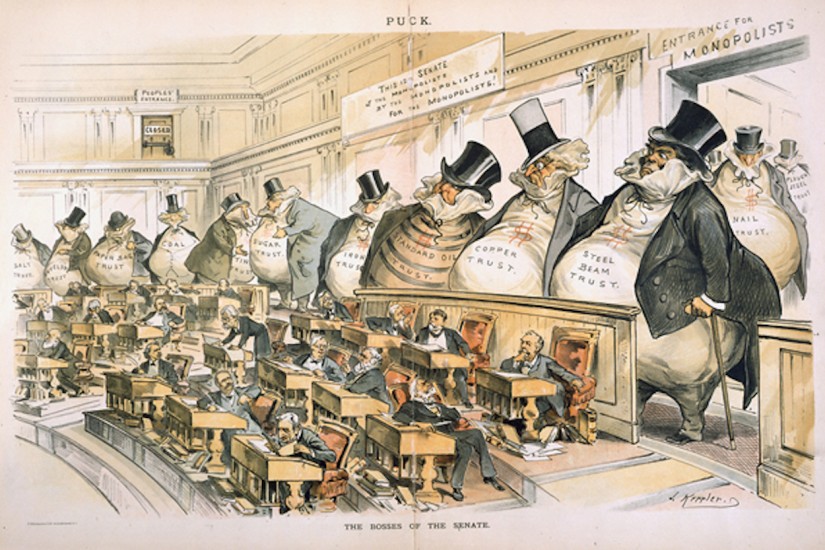Whether we recognize it or not, “marketcraft” constitutes a core government function comparable to statecraft. By marketcraft, I refer to all the things governments do to make markets function and flourish, like corporate law, antitrust policy, intellectual property rights, and financial regulation. Marketcraft has profound implications for economic performance, social welfare, and national power – so we should want to get it right. We should seek to optimize marketcraft rather than to minimize government intervention.
Moreover, if we reframe government regulation as marketcraft, then we instantly dispel the common misperception that markets can thrive without governance. This, in turn generates more accurate analysis of market dynamics and more appropriate prescriptions for government policy. We should view government regulation less as a constraint on markets than as a prerequisite for competitive and dynamic markets.
The marketcraft frame views market reform as building market institutions, while the pervasive language of “liberalization,” “privatization,” and “deregulation” implies a process of removing obstacles. But liberalizing markets does not mean liberating them. In reality, it requires more state capacity, not less. It means more regulation, not less.
Consider the most dramatic examples of market reform, those of the post-Communist world. We have now experienced several decades of debate over the nature of the transition from a planned economy to a market economy. The crux of the debate hinged on whether market reform was primarily a matter of dismantling the old command system, or one of building the institutions to sustain a market economy. The latter view has now prevailed, both in the realm of scholarly analysis and real-world experience. But from the marketcraft view, this should have been obvious from the outset.
Or consider market reform in developing countries. We have traversed several decades of controversy over the nature of the fundamental challenge and the appropriate solutions, sometimes depicted as a contest between the Washington Consensus and a more institutional perspective. And the latter view has now prevailed, after a protracted battle, countless flawed policies, and untold human suffering. But shouldn’t we have figured this out sooner?
